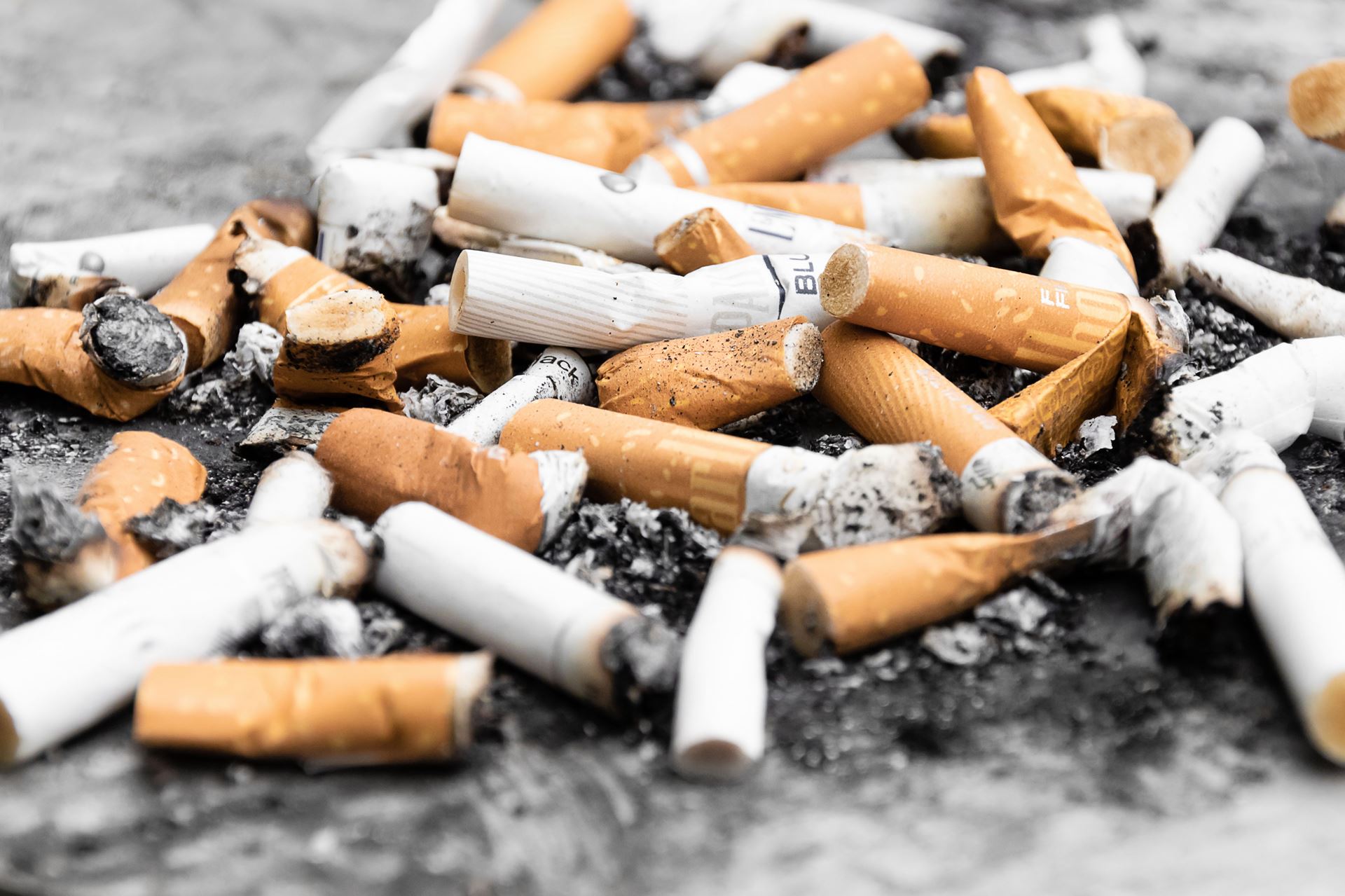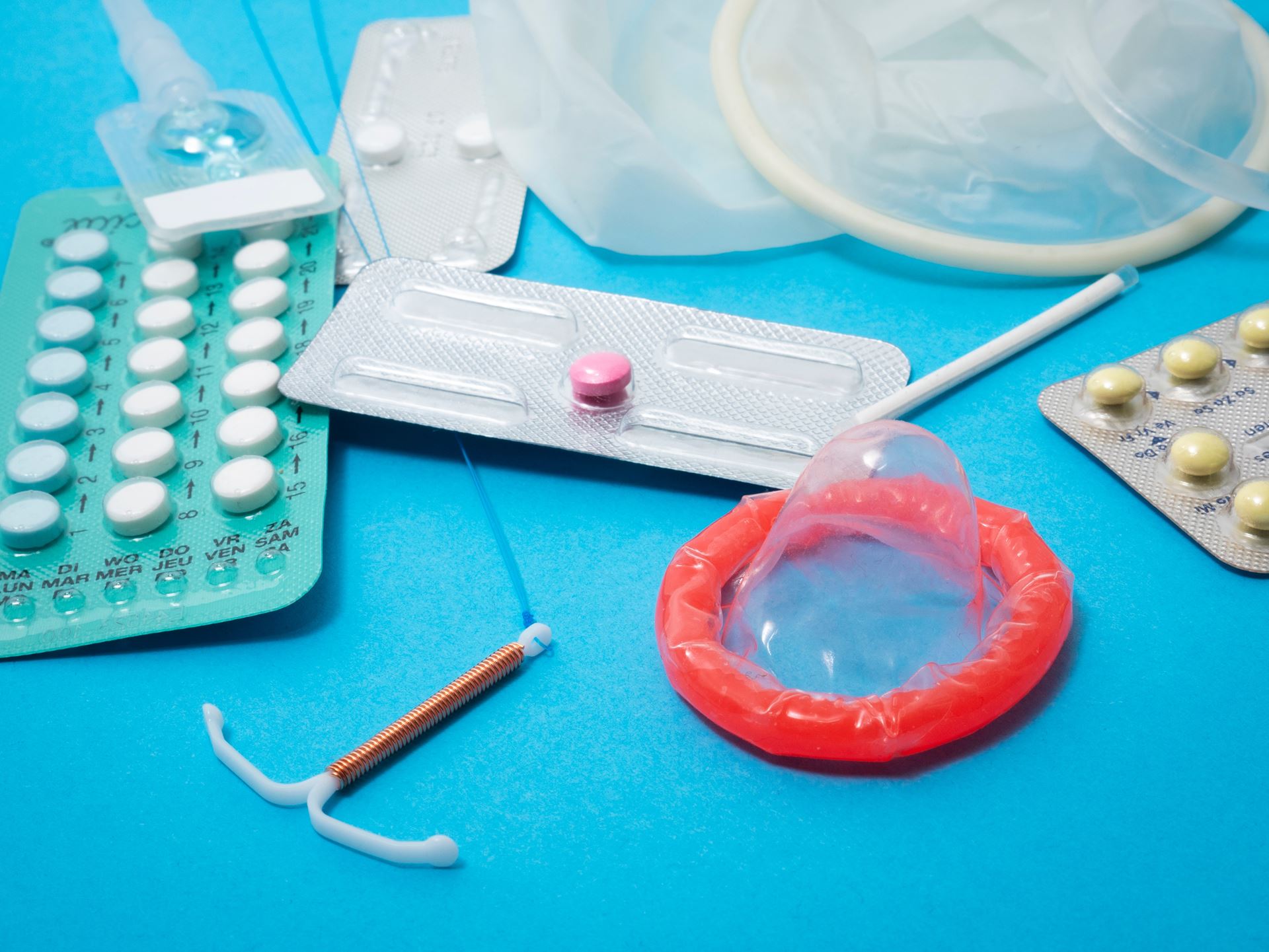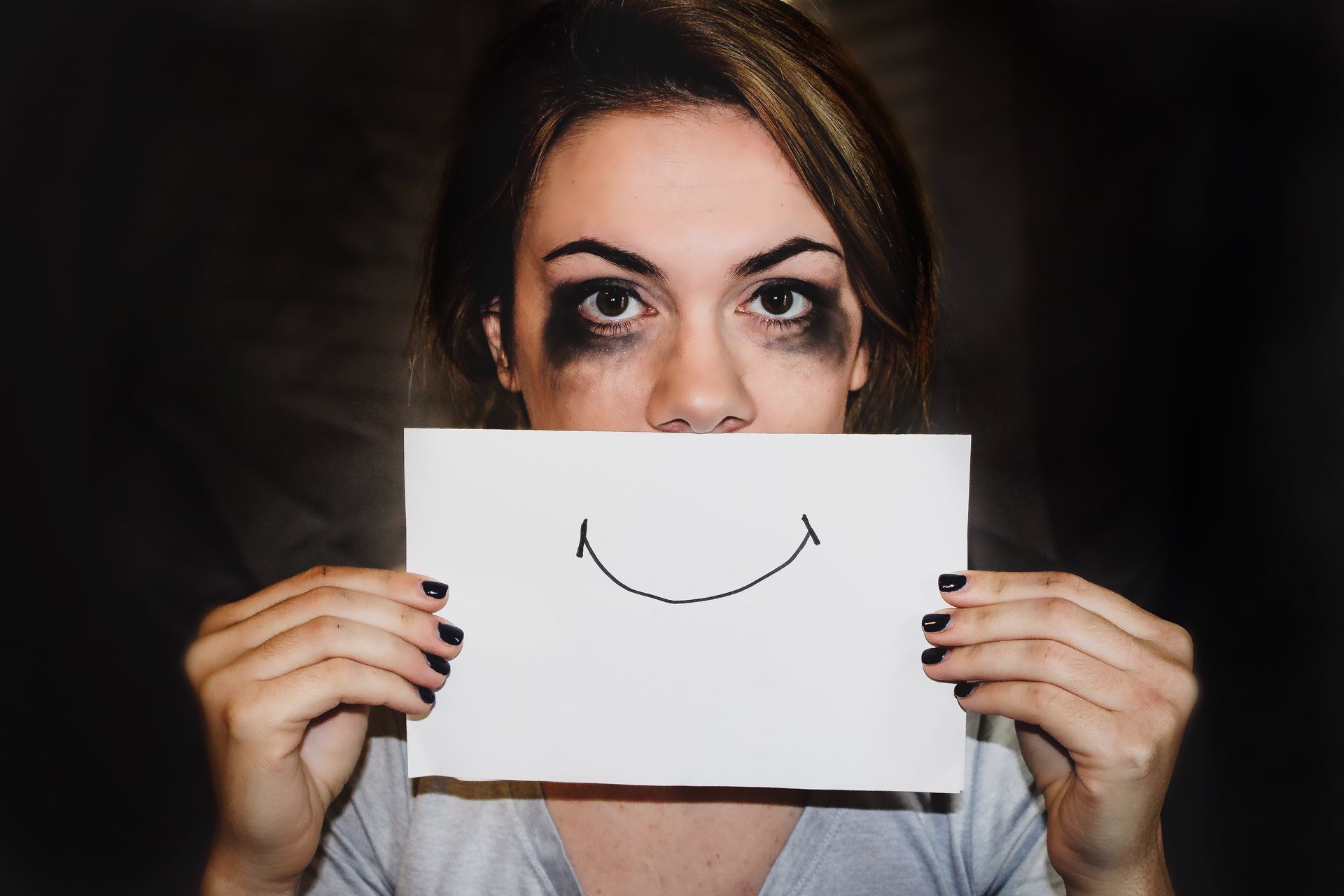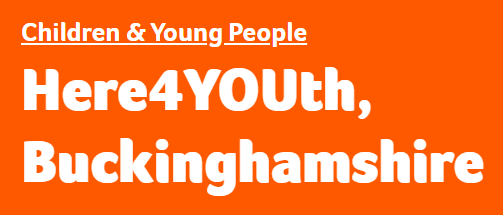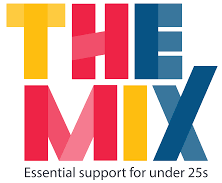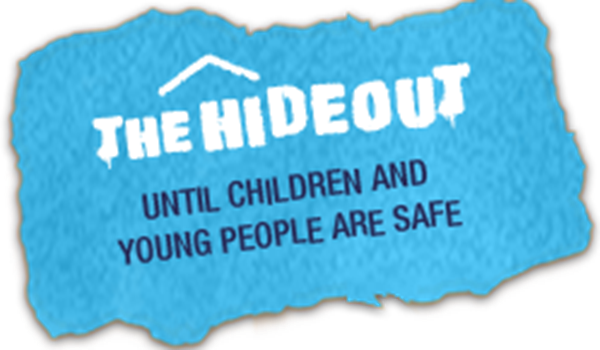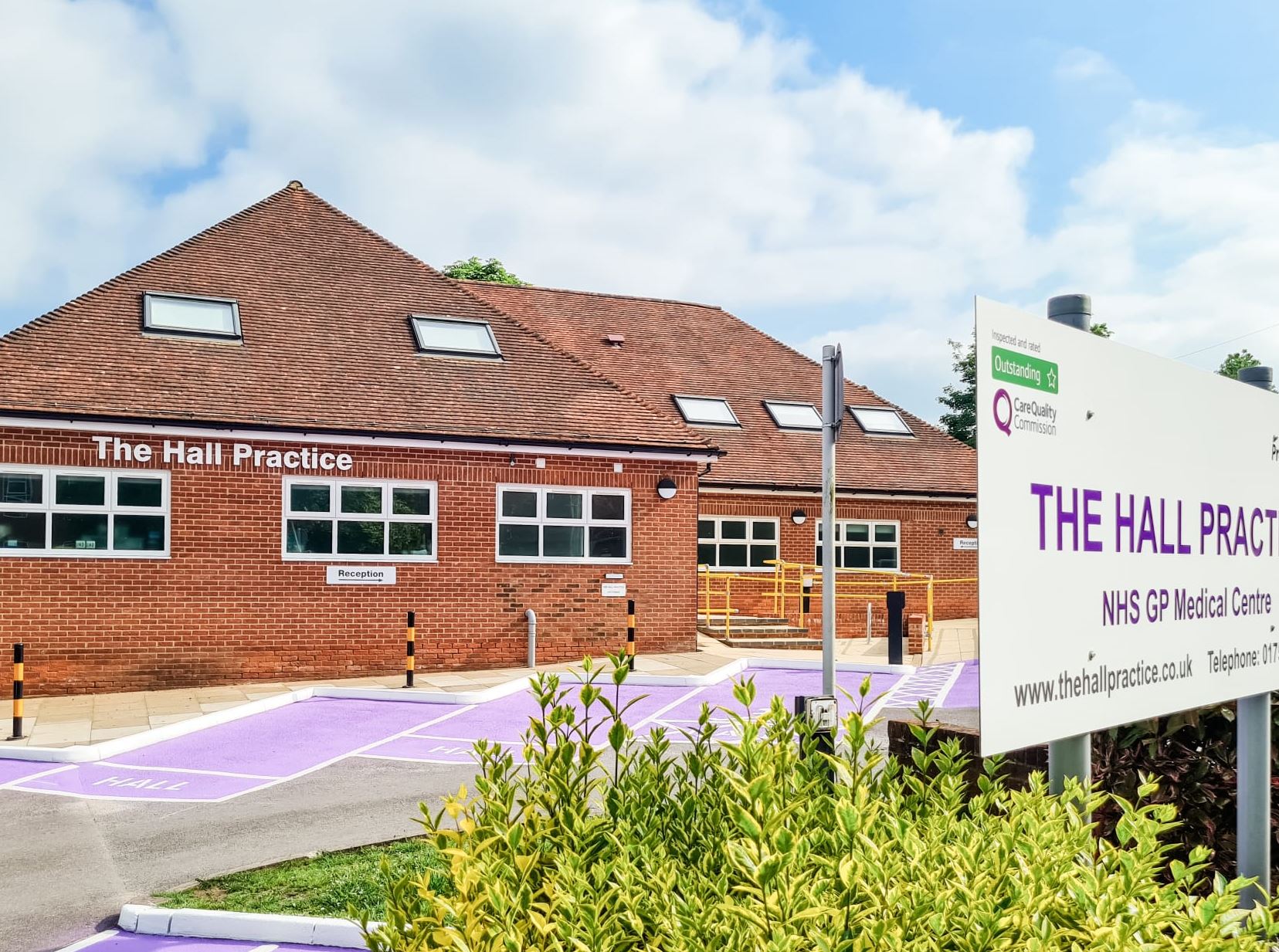Health for Teens and Young People
Prevention Matters
Helping people in Bucks stay independent and active...
Prevention Matters, seeks to catch vulnerable people in need early on, offering help and support before a situation becomes serious. This will allow them to maintain their health and well-being for longer, avoiding the need for serious medical intervention or long-term social care.
Health For Teens
Sleep for Teens
We all have problems with sleeping, waking, or having bad dreams sometimes. If sleep issues are affecting you, visit the links below for further information and support:
https://www.youngminds.org.uk/young-person/my-feelings/sleep-problems/
Be Safe and Smart Online
The internet offers so many opportunities to explore, play, learn, create, chat and socialise, but it’s important to keep safe and secure so you can make the most of it.
Please follow the link below for more information:
Be Safe and Smart Online: Information for children and young people
Youth Groups
Chalfont St Peter Youth Centre
https://www.cspyouthcentre.org.uk/
Gold Hill Baptist Church Youth Groups
https://www.goldhill.org/get-involved/youth-groups/
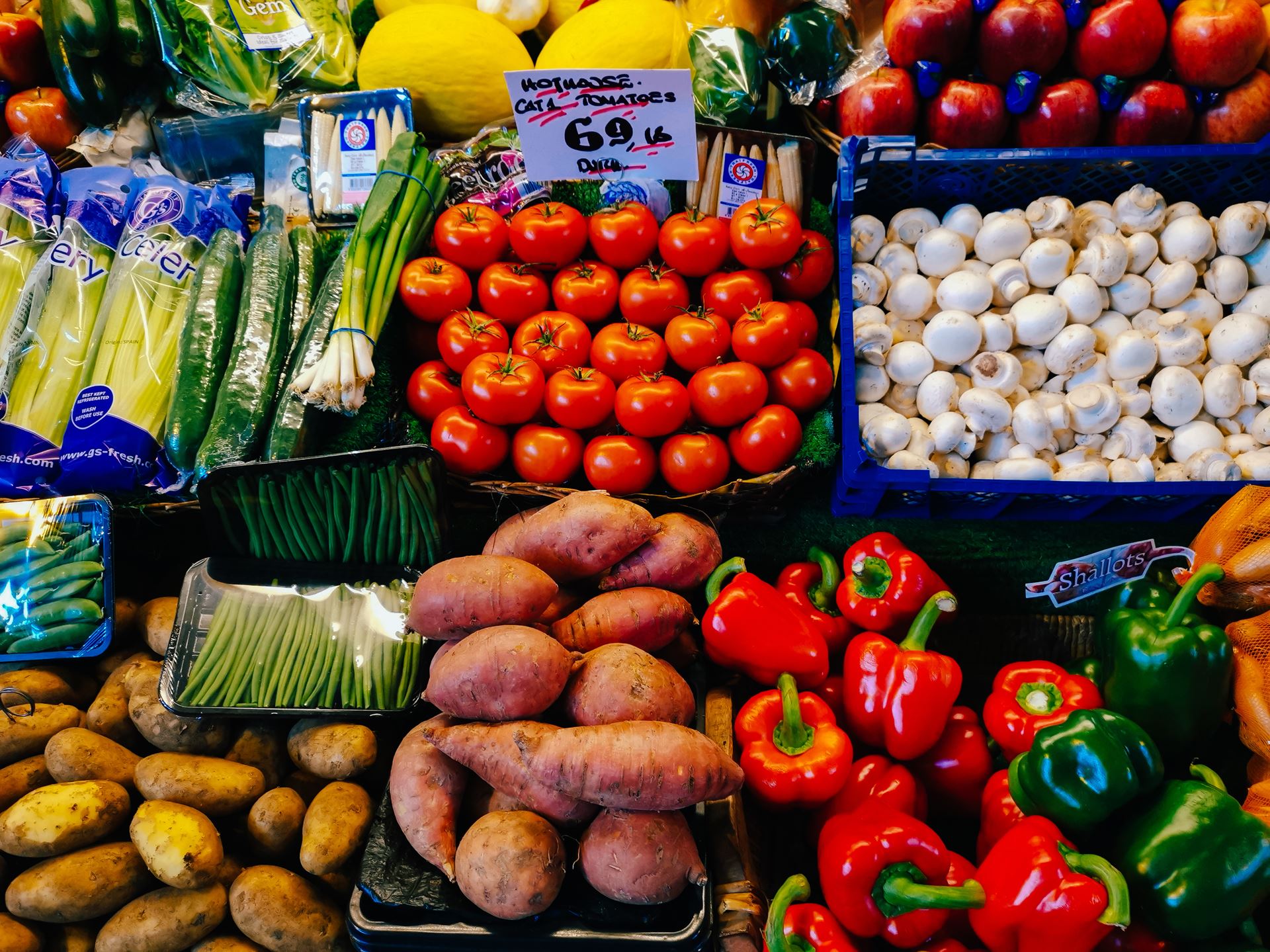
Healthy Eating for Teens - NHS
As a teenager, your body is going through many physical changes – changes that need to be supported by a healthy, balanced diet.
By eating a varied and balanced diet as shown in the Eatwell Guide, you should be able to get all the energy and nutrients you need from the food and drink you consume, allowing your body to grow and develop properly.
HPV Vaccination
Since September 2008 there has been a national programme to vaccinate girls aged 12-13 against human papilloma virus (HPV). There is also a three-year catch up campaign that will offer the HPV vaccine (also known as the cervical cancer jab) to 13-18 year old girls.
The programme is delivered largely through secondary schools, and consists of three injections that are given over a six-month period. In the UK, more than 1.4 million doses have been given since the vaccination programme started.
What is Human papilloma virus (HPV)?
Human papilloma virus (HPV) is the name of a family of viruses that affect the skin and the moist membranes that line your body, such as those in your cervix, anus, mouth and throat. These membranes are called the mucosa.
There are more than 100 different types of HPV viruses, with about 40 types affecting the genital area. These are classed as high risk and low risk.
How you get HPV?
Types of HPV that affect the skin can be passed on by skin contact with an affected person. The types of HPV that affect the mouth and throat can be passed on through kissing. Genital HPV is usually spread through intimate, skin to skin, contact during sex. You can have the genital HPV virus for years and not have any sign of it.
How HPV can cause cervical cancer?
Most HPV infections are harmless or cause genital warts, however some types can cause cervical cancer. Most HPV infections clear up by themselves, but in some people the infection can last a long time. HPV infects the cells of the surface of the cervix where it can stay for many years without you knowing.
The HPV virus can damage these cells leading to changes in their appearance. Over time, these changes can develop into cervical cancer. The purpose of cervical screening (testing) is to detect these changes, which, if picked up early enough, can be treated to prevent cancer happening. If they are left untreated, cancer can develop and may lead to serious illness and death.
Why, how and when is the vaccination given and what are the side effects
This factsheet is for people who would like information about the human papilloma virus (HPV) vaccine.
Safeguarding
Are you, or do you know someone, who is feeling vunerable or is experiencing things they think are not right?
We are here for you at the surgery. We are all trained to support you.
You can also get help from other sources, some of which are shown by CLICKING HERE.
If you are worried that you, or another child, is being abused or neglected, there are people who can help. Please CLICK HERE for information on how to report a concern.
Page created: 21 February 2023
